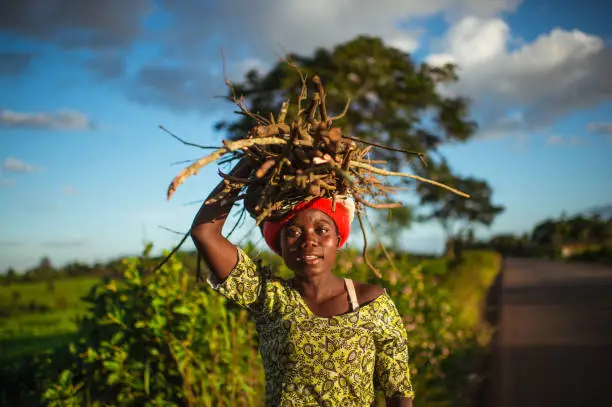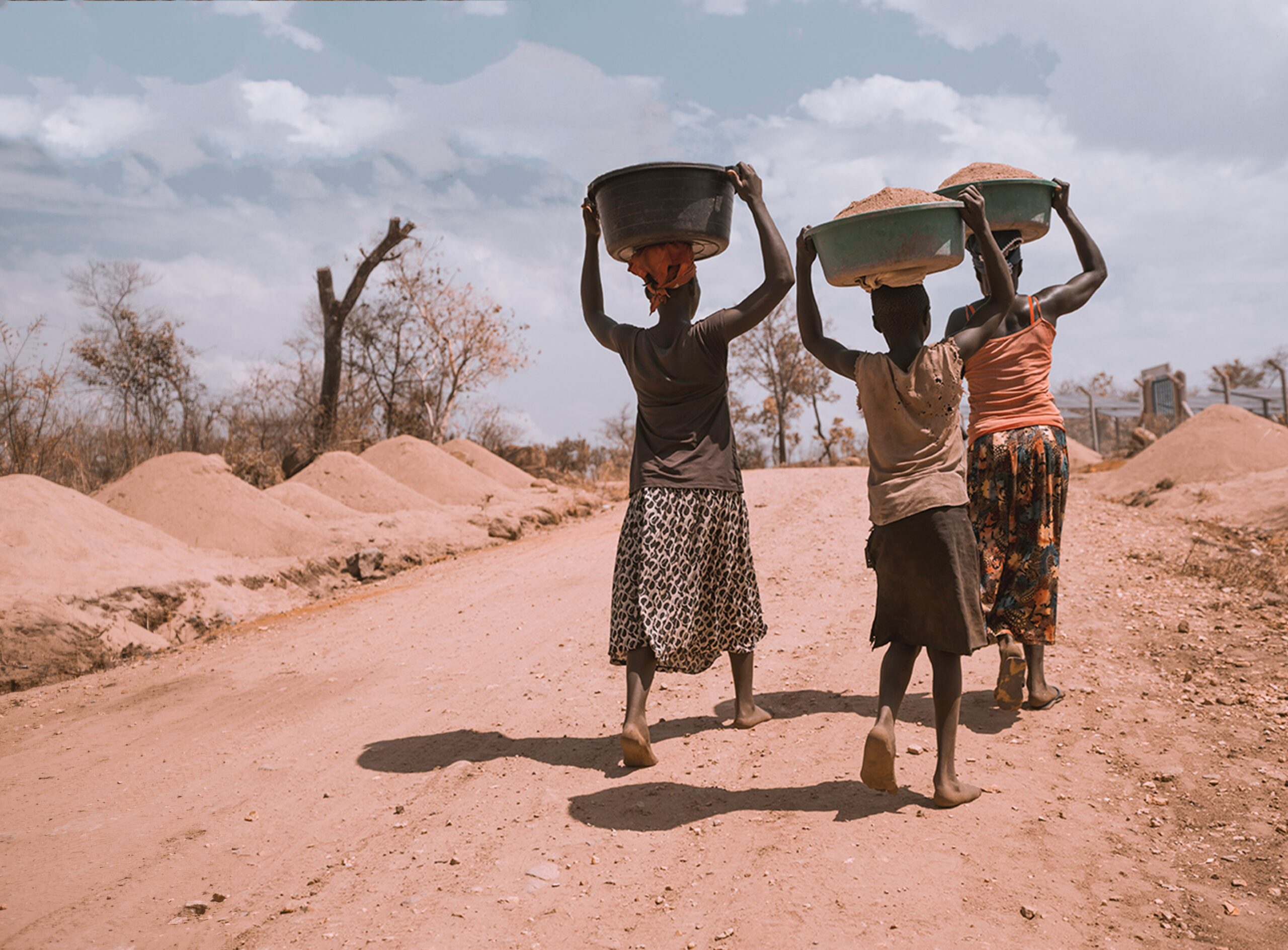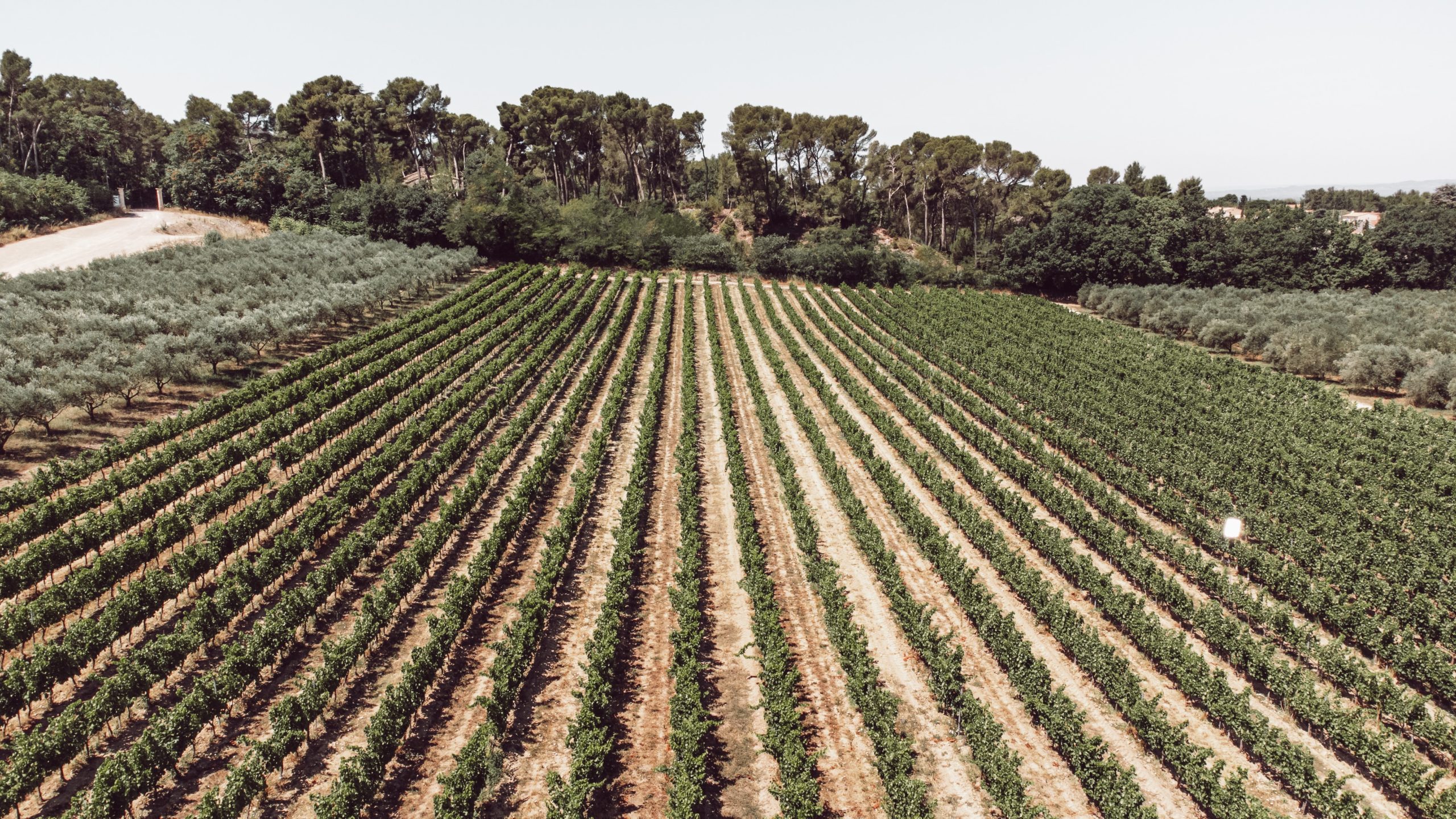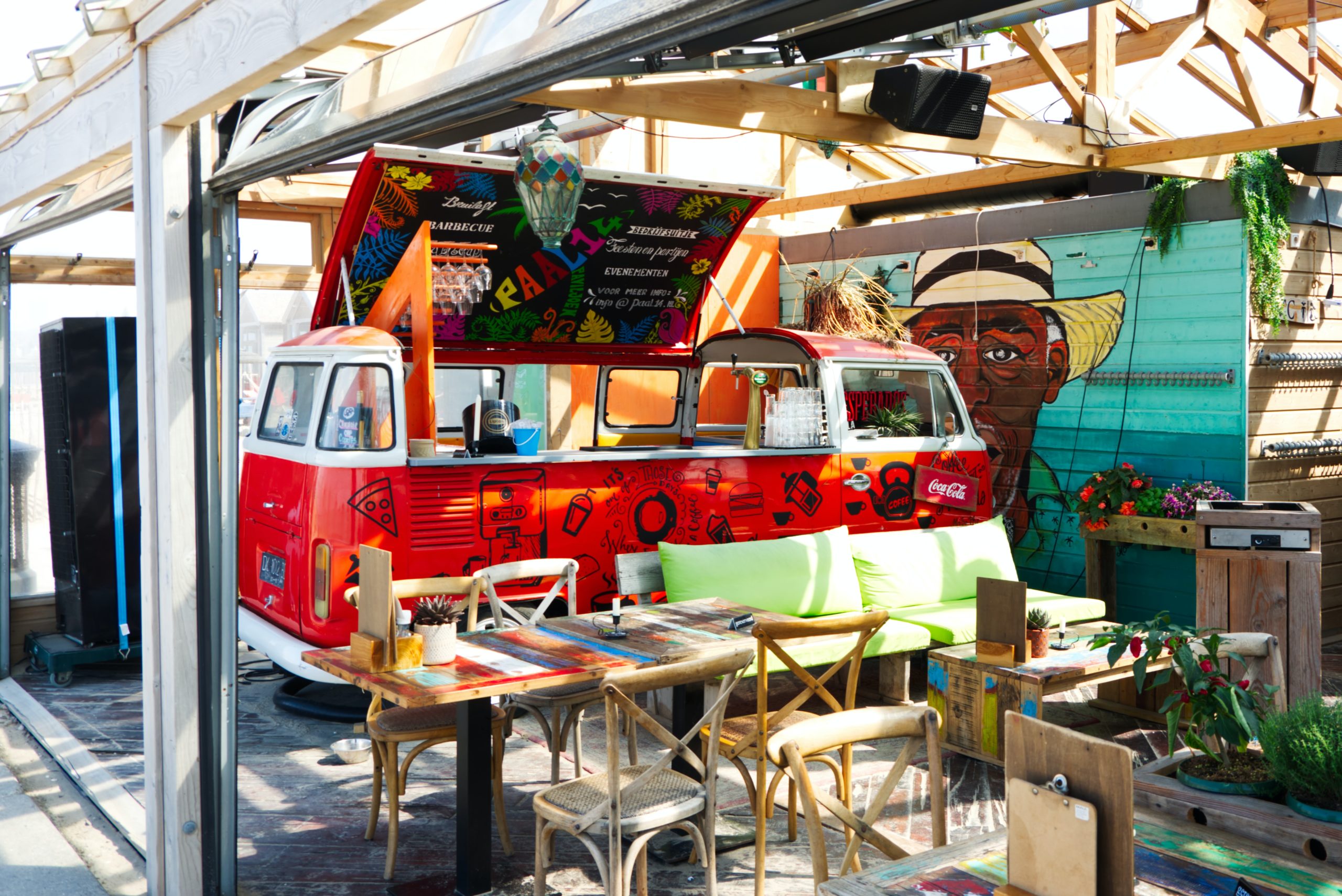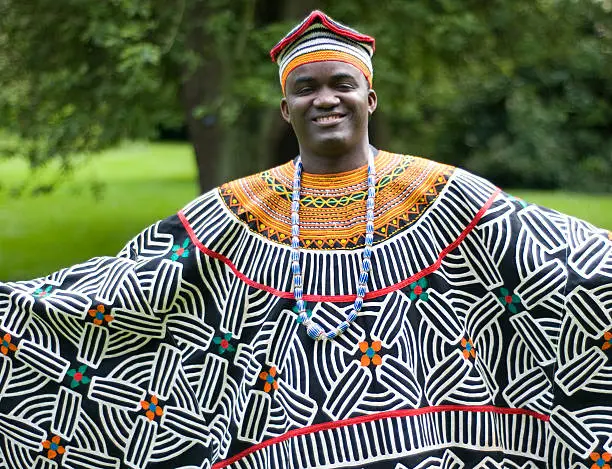Guinea has the potential to be a global leader in the extractives sector due to its wealth of mineral resources. A quarter of the world’s bauxite reserves are in Guinea (aluminum ore). The most active mining industry in Guinea is bauxite, which will make up 25.5% of its exports in 2020. In 2021, Guinea exported around 86.5 million tons of bauxite, overtaking all other countries in the globe. According to the Natural Resource Governance Institute, bauxite shipments increased by 4% between 2020 and 2021.

Gold and bauxite combined made up 88 percent of Guinea’s exports in 2020, accounting for 97 percent of the country’s export revenue. The Sino-Singaporean conglomerate Societe Miniere de Boke (SMB) exports most of the nation’s bauxite via the Rio Nunez River and the Compagnie des Bauxites de Guinee (CBG) via Kamsar. The Government of Guinea, American company Alcoa, Anglo-Australian company Rio Tinto, and Dadco Investments are partners in the CBG joint venture. Over the next five to ten years, additional investment in CBG and market entrants are anticipated to dramatically enhance Guinea’s bauxite output.
Guinea also has untapped high-grade iron ore reserves totaling over four billion tons, significant gold and diamond reserves, an unknown quantity of uranium, and potential offshore oil reserves. The Siguiri region’s artisanal and medium-scale industrial gold mining boosts Guinea’s economy, but others fear that much of it leaves the nation illegally without paying taxes.
Market opportunities
Minerals notably are abundant in Guinea’s natural resources. Bauxite, iron ore, gold, diamonds, uranium, and possibly offshore oil deposits have not been exploited due to a lack of infrastructure and the high expense of transporting ore to ports. Businesses that may help Guinea build its roads, ports, and other forms of infrastructure have a lot of promise. The geographic and climatic advantages of Guinea also provide the agriculture and fisheries industries significant room for expansion. The potential for Guinea’s abundant rainfall and numerous rivers to generate enough electricity to power the country and possibly its neighbors is increasing investment opportunities in hydroelectric projects.
Consumers in Guinea typically favor products from the US and Europe. However, the high price of American goods in comparison to less expensive imports from the Middle East and Asia prevents their widespread consumption. The World Bank estimated that the nation’s GNI per person would be USD 1,020 in 2020. The appropriate price is crucial, and inexpensive goods typically sell better in Guinea.
Although the transitional government wants investments in all areas of the economy, the energy, agricultural, and mining sectors will probably be the ones driving growth. The transitional administration wants to entice international capital into the fields of agriculture, building, education, finance, and communication. To act as a one-stop shop for investors, Guinea’s international investment promotion agency has developed a website. High-ranking government representatives also visit overseas markets all year long to advertise Guinea’s investment potential.
Market entry strategy
The process for launching a business in Guinea is, in theory, simple. The Agency for the Promotion of Private Investment (APIP), the central agency for business registration, is where the procedure is centralized following Guinean regulations. However, the Presidency has started some more significant initiatives directly. Guinea is still a challenging location to invest in, despite the government’s efforts to make it easier and its desire to draw foreign capital.
Strong ties with potential local partners are often the key to a venture’s success. Prospective investors are highly urged to travel to Guinea and make these contacts. The majority of business transactions are carried out in person due to poor communication both within the nation and with the outside world, as well as cultural customs.
You may also find these articles helpful
Start a tourism business in Tonga
Start a tourism business in Tuvalu
Start a tourism business in Vanuatu
